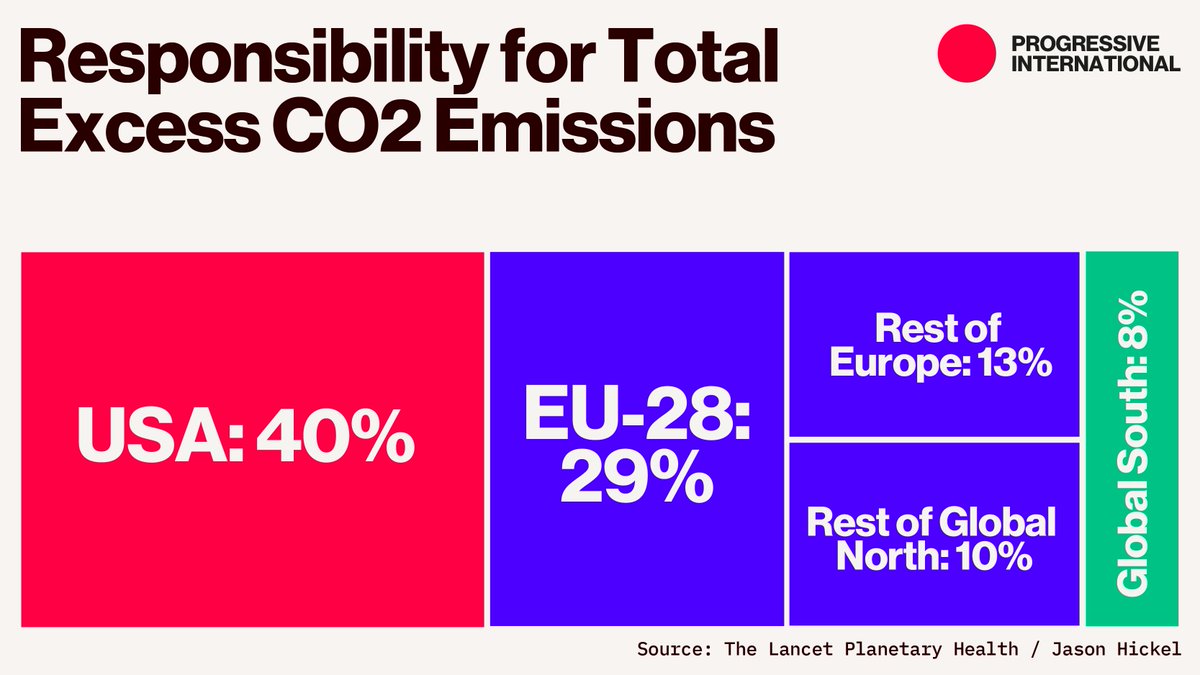Ilang linggo na lang, eleksyon na! Vote for # 16 @ColmenaresPH for Senator!!!
#WeWantNeri
In the time of the climate crisis, we need policy makers who have a track record of prioritizing the people & the planet!
Thread of a few of the things Neri has pushed for the environment:
#WeWantNeri
In the time of the climate crisis, we need policy makers who have a track record of prioritizing the people & the planet!
Thread of a few of the things Neri has pushed for the environment:
(either as a lawmaker or as an activist)
🌏 NDRRMC texts - I've been talking to a lot of communities, especially in the provinces and islands and they said this has helped them so much to know when to prepare and evacuate, especially since ABS-CBN got shut down.
🌏 NDRRMC texts - I've been talking to a lot of communities, especially in the provinces and islands and they said this has helped them so much to know when to prepare and evacuate, especially since ABS-CBN got shut down.
🌏 People's Green New Deal resolution!! <- addresses and looks to resolve the different aspects of the climate and planetary emergency 💖
🌏 Pushing for genuine agrarian reform (land back to the small farmers)
🌏 Pushing for genuine agrarian reform (land back to the small farmers)
🌏 People's mining bill <- responsible mining that truly prioritizes the community and the planet
🌏 Pushed for the protection of Manila Bay against reclamation
🌏 Stood against environmentally destructive projects like the Bulacan Aerotropolis
🌏 Pushed for the protection of Manila Bay against reclamation
🌏 Stood against environmentally destructive projects like the Bulacan Aerotropolis
🌏 Moratorium on open-pit mining for gold, copper, and silver
🌏 Pushed for effective management of hazardous waste
🌏 Called for the regulation of production, importation, sale, distribution, provision, use, recovery, collection, recycling and disposal of single-use plastics
🌏 Pushed for effective management of hazardous waste
🌏 Called for the regulation of production, importation, sale, distribution, provision, use, recovery, collection, recycling and disposal of single-use plastics
🌏 and more!!
• • •
Missing some Tweet in this thread? You can try to
force a refresh














